17 September 2021
The MIT Solve Virtual Solve Challenge Finals features Q&A with Dame Sally Davies & PODD
At a live-streamed event today, a new class of Social Entrepreneurs - who are solving global challenges - were recognised.
MIT Solve announced 42 new Solver teams and Indigenous Communities Fellows from 17 countries and seven Native Tribes at the Virtual Solve Challenge Finals, Solve’s annual social impact pitch event.
The new 2021 Solver and Indigenous Communities Fellow Class was selected by Solve’s expert judges from a pool of over 1,800 applicants from 128 countries and 14 Native Tribes. 54 percent of the teams are based in Asian, African, Middle Eastern, and Latin American countries.
The Q&A with Dame Sally Davies & Patipat Keng Susumpow of PODD was aired as part of the event's Plenary Session.
Speaking about their ongoing work, Keng discussed how PODD equips communities with mobile applications that allow real-time notifications to monitor animal sickness events that can potentially affect human health. "The vital part of PODD is not only using the app to collect data, but also using it as a gateway to facilitate a rapid response from community members, such as immediate quarantine. PODD can reduce detection and response times from multiple weeks in Thailand, to just a few hours."
When asked by moderator Pooja Wagh, about what led to The Trinity Challenge's focus on data and analytics, Dame Sally said:
"What happened was the pandemic started and I sat there, having been the Chief Medical Officer and chief medical advisor to the UK government, wondering why we weren't better prepared, and how we could be better responding. And it seemed to me that we didn't have the data where it needed to be nor the data analytics we needed to make policy effectively and move on to action. Just imagine a world where we had systems in place to identify emerging or re-emerging risks to pick up spill-over; to do rapid analysis and systems where the data told us how to respond most effectively to infectious diseases and pandemics, and how to recover. And then if you start to think about what that data is, you know that it's not just what public health systems or governments hold - it's much more. A lot of the data is behavioural - it's about movement, it's about attitudes, spending, and economics; and that needs to be linked. And who holds that data? Well it's the private sector. So what we did through the Trinity Challenge was bring together the private sector who hold data and have some wonderful data architects with the academics, as well as NGOs and posed this challenge to the world in the hope that by having the data analytics of best quality and varied data sets, people could come up with some wonderful solutions. We were trying to engineer a collision between public health and modern data science which actually has been too long coming. So that was what got us going in the first place and moving forwards. There really is no other way to address this issue and we have to think about future pandemics as well. And one thing that's so exciting about Keng's solution is that it's really getting at the issue at the grassroots, and trying to stop the problem there".
Watch the Q&A here
















